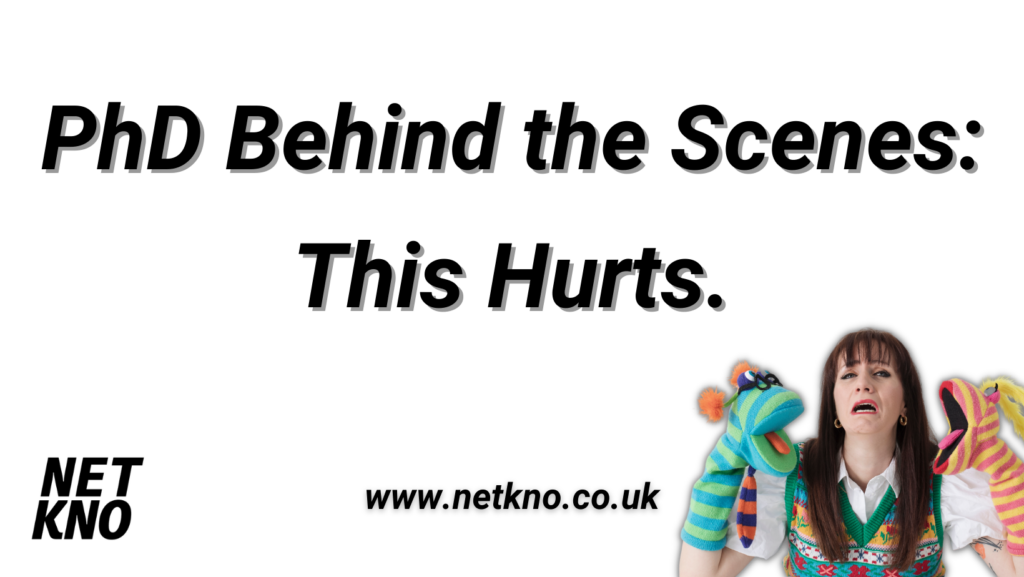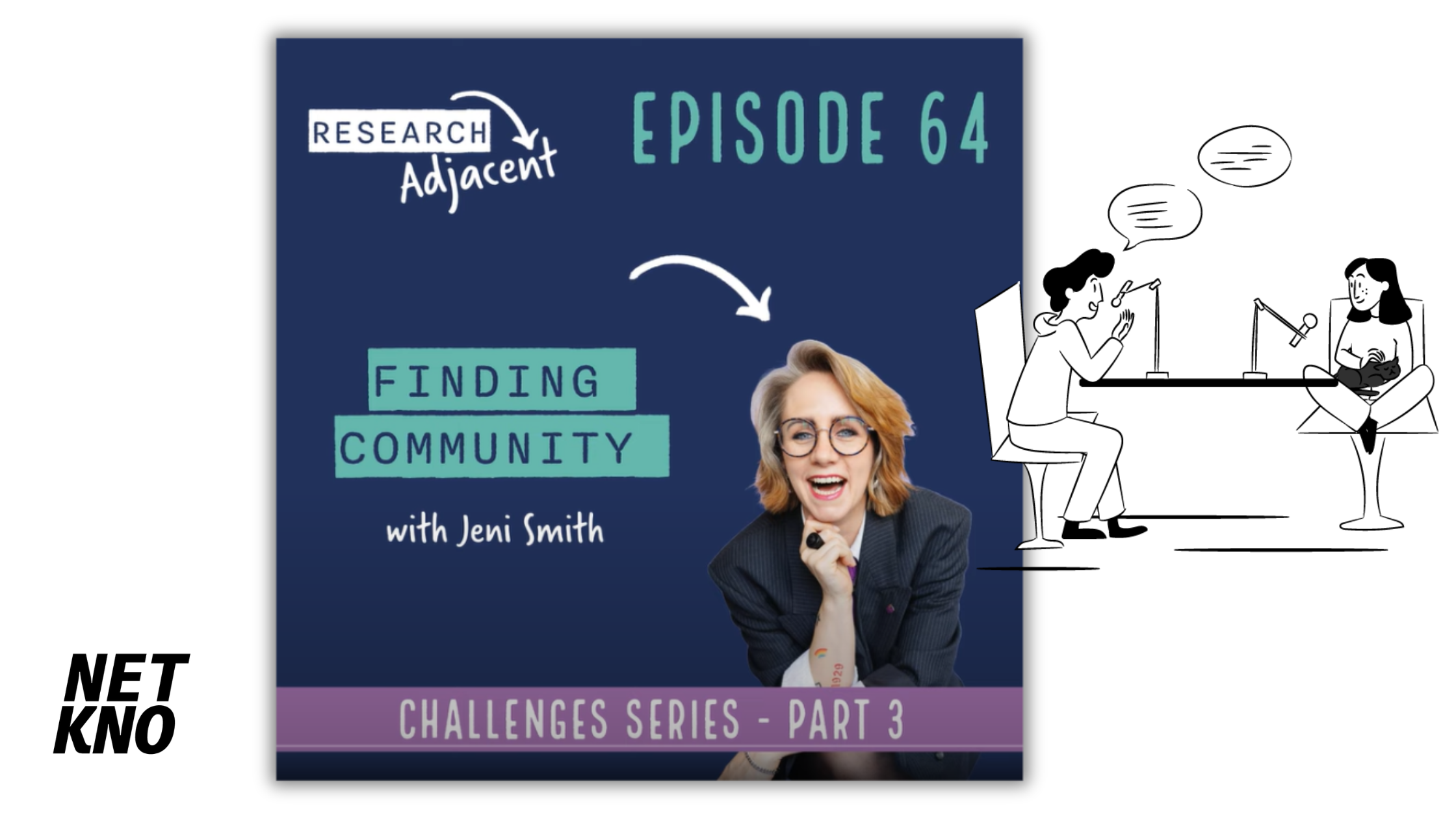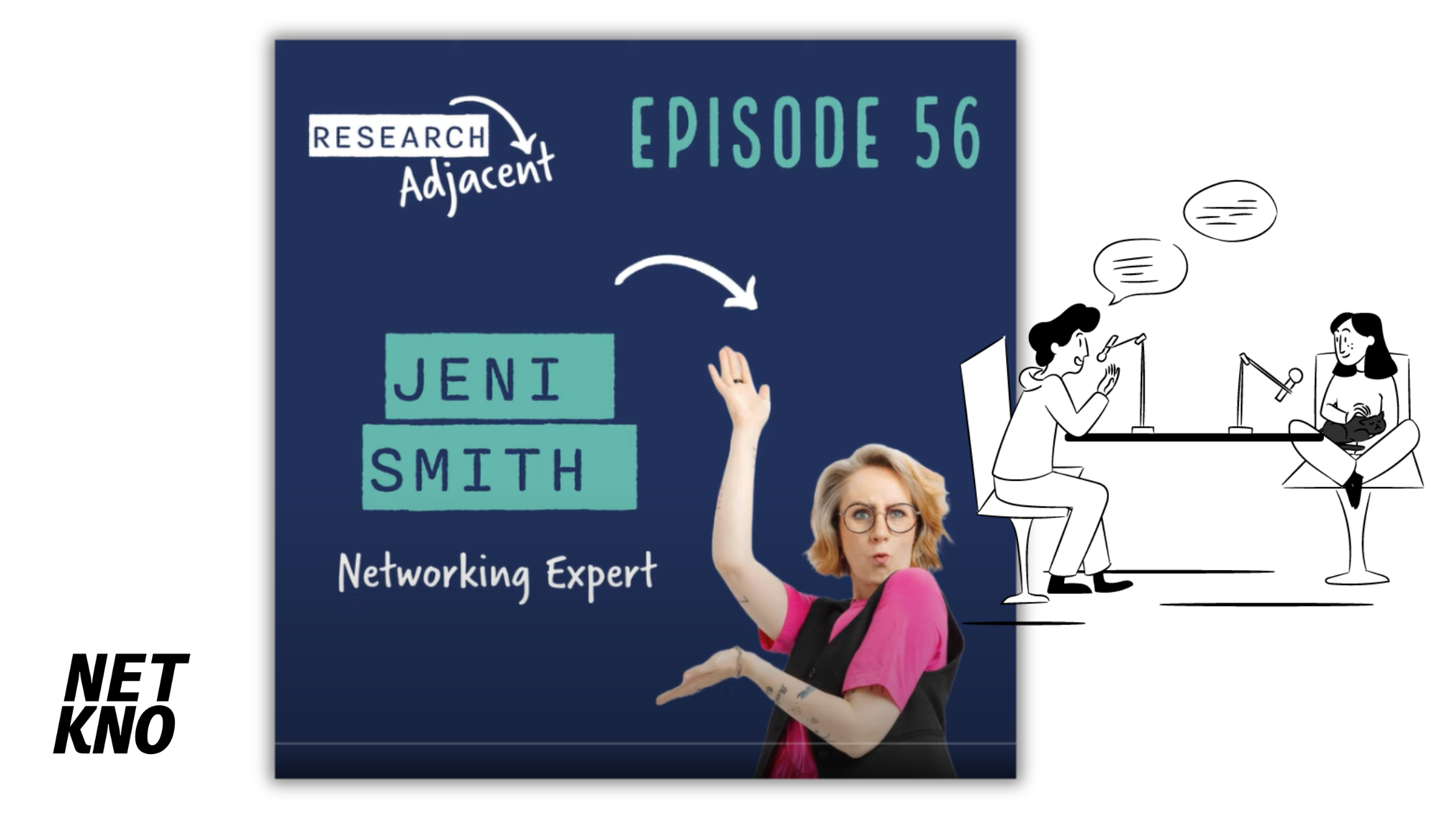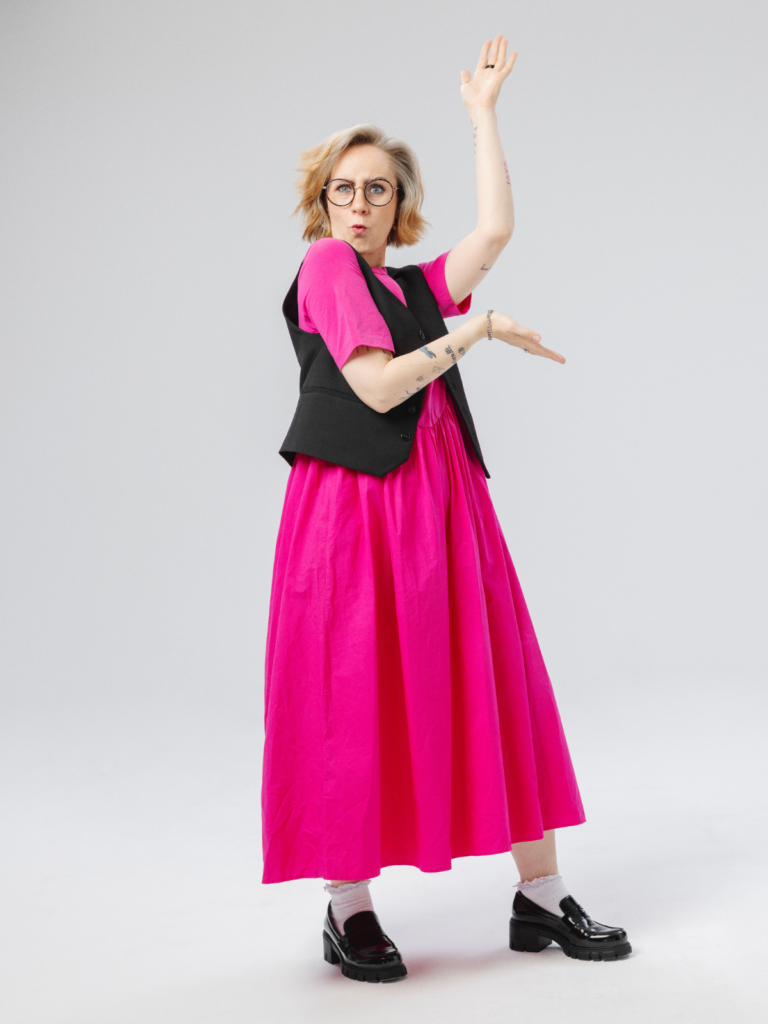I’m not going to lie, as I write this I am in a world of pain. The good kind of pain. The kind of pain that means that things are changing, you’re changing, like a growing-pain I guess.
I’m in the midst of a deadline storm with semester 2 of my PhD at Durham University Business School coming to a peak and my brain is completely frazzled with an overload of new information. This semester I’m enrolled on the following modules;
- Advanced Quantitative Data Analysis
- Advanced Management & Marketing
- Team Research Project
and just starting / starting soon is
- Individual Research Project
- Entrepreneurial Management
The three in full-swing all come with group and individual work, and all of the group work include presentation…all of which are happening over the next 9 days. To give a little behind-the-scenes I thought I’d share a little bit about each of them, just so you can come along on this journey with me!
Advanced Quantitative Data Analysis
This has without a doubt been the most difficult module for me to date. I love the logic behind quantitative research, but really struggle with the numbers. Newly diagnosed with dyslexia (not surprisingly to me), looking at screens full of lines and lines of data is difficult, but I’ve learnt a lot throughout this class.
Building and designing research models is definitely an art form – visualising the relationships between variables in order to show causality between them and how they interact with other constructs has been really interesting. Then converting those visuals into what I’d call coding – inputting data into specialist software (STATA and MPlus) and learning to write code so it will run the analysis you want has been like learning (another) new language!
For this class we’ve got 4 assignments – 1 x individual and 2 x group. The individual assignment is to evaluate and discuss a construct from our own field of research – I’ve chosen ‘Social Distance’ which I’ll tell you all about another time. Then for the group assignments we’re taking a methodology that new / not currently used in business studies and writing a kind of best practice paper for it. First comes a group presentation on the same topic and for this we’re doing ‘Event Structure Analysis’ (ESA) which is a methodology used to create a visual diagram showcasing the links between chronological events. It’s super time-consuming and you’re got to be really knowledgeable about the topic you’re analysing in order to use it, but it’s got loads of benefits!
Advanced Management & Marketing
Probably my favourite module this semester as the content we’ve covered has been right up my street with readings including network theory and entrepreneurship. For this class we’ve learnt how to read, structure, and build academic papers which is beyond helpful as I’m currently reading anything between 10 – 50 a week! It’s been really interesting learning how to design academic writing, how to tackle papers, and generally take a bit more control of this new form of communication for me. I’m used to blogs where I can say things like YAY and twat.
For this class we’ve got another 2 x individual assignments and 2 x group ones – the individuals are 1 x formative (i.e., you have to do it but it doesn’t come with a grade, just helpful feedback that leads to the) 1 x summative (that does come with a grade). The formative is 1,000 word literature review on 2 or 3 constructs from your topic of research (so for me – networking!) and the summative is a 3,000 word paper going into more detail on those constructs. For this I’ve chosen homophily and tournament rituals.
Homophily is the phenomenon of people being drawn to other people who think like they do! ‘Birds of a feather flock together’ is the title of a really well known paper in this field, and it’s a phenomenon often used within network theory. It’s something I talk about in my training and have written blogs about before, except I didn’t know it was an actual thing! I’ve always called it ‘network diversity due to the observations I’ve made over the years of people naturally networking with ‘like minded people’ as apposed to building diverse networks which is a powerful thing for knowledge transfer and innovation.
Tournament rituals are events that are seen to raise to ‘social capital’ (perceived value of) people within their field. Awards are a great example of this, and it could be in business or literature or music, but there’s a lot of research into how this rituals impact the careers of individuals as well as the trajectory of the industry.
For the group assignments in this module we’re delivering a group presentation analysing 2 or 3 academic papers. In our group of 3 people we’ve chosen 3 papers, each published 10 years apart, showcasing the development of the ‘Resource Based Theory’. This is a theory that started out in the context of analysing competitive advantage within firms, and was later applied to entrepreneurs – proper interesting! If anyone wants to read any of the papers just give me a shout.
Team Research Project
So this one’s the biggy – it’s been ongoing since the PhD began (Oct 22) and within it we’ve had to come up with, design, implement, and report on actual academic research (if you’d told me a year ago I’d be doing academic research I’d have laughed, and then possibly cried with joy). In our group of 3 we decided we wanted to explore the relationship between people with ADHD and entrepreneurship. With a lot more people opening recieving diagnosis, and a lot of which are business owners, we felt there was something worth exploring.
To start with we turned to the literature to see what had already been explored / discovered / discussed, and to look for potential gaps in knowledge. Based on that we wanted to speak to the actual people who are involved, so we reached out to some amazing people here in the North East and undertook four semi-structured interviews with five people just to chat about their experiences, observations, and tap into their invaluable insight.
Based on those awesome conversations (thank you again – you know who you are!) we’ve pulled out some gold threads that ran across all interviews, and are currently designing the next phase of the research. We’ve come up with some hypothesis that we believe explain some of the phenomenon that is happening for people with ADHD in traditional working environments, and the next step is to test those hypothesis by collecting more data (quantitative this time).
We’re designing a poster to present this research so far so I’ll be sure to share that on a future post!
And there you have it – that’s currently what’s happening behind the scenes of my PhD – if you have any questions, are interested in doing your own research, or would like to get involved in the work we’re doing please get in touch! And be sure to connect on LinkedIn if you haven’t already.



